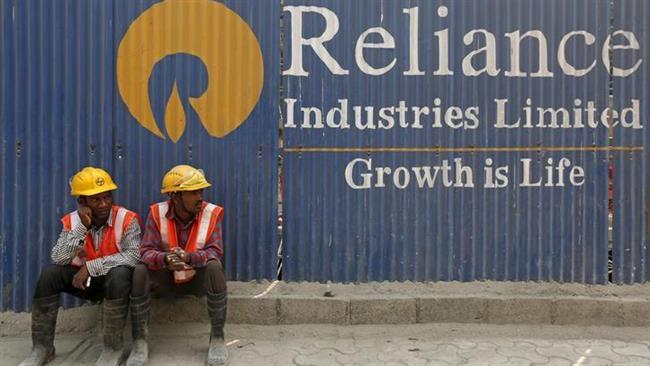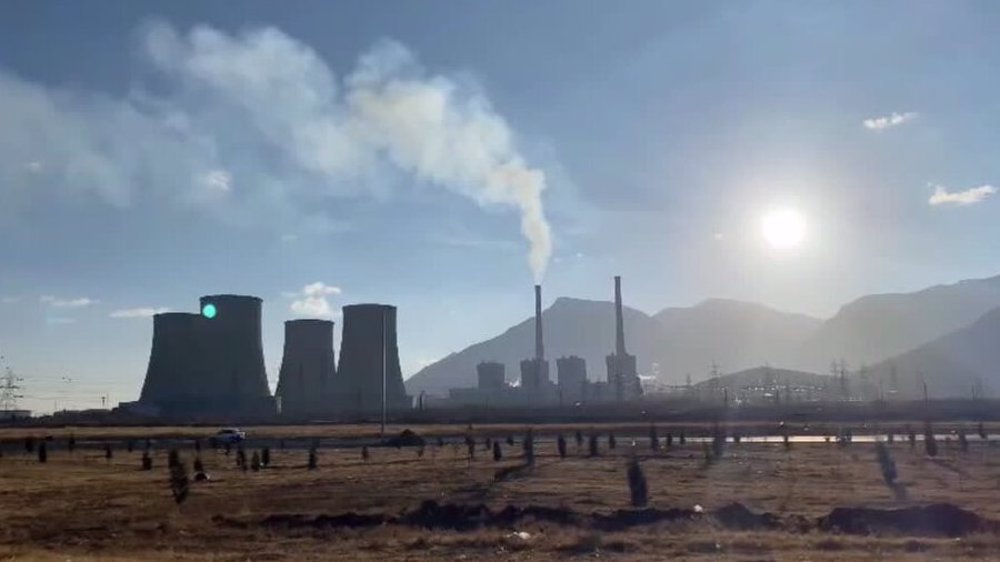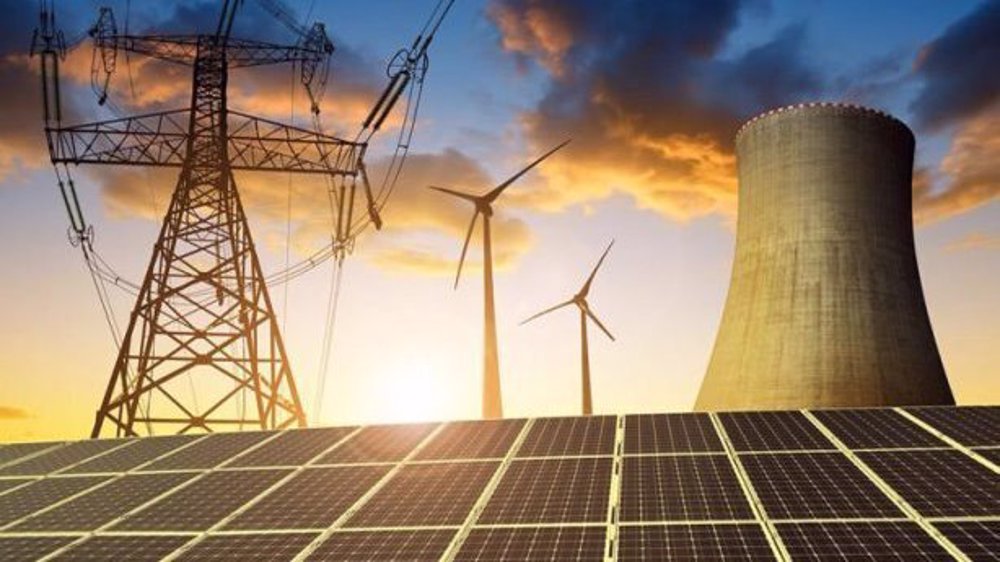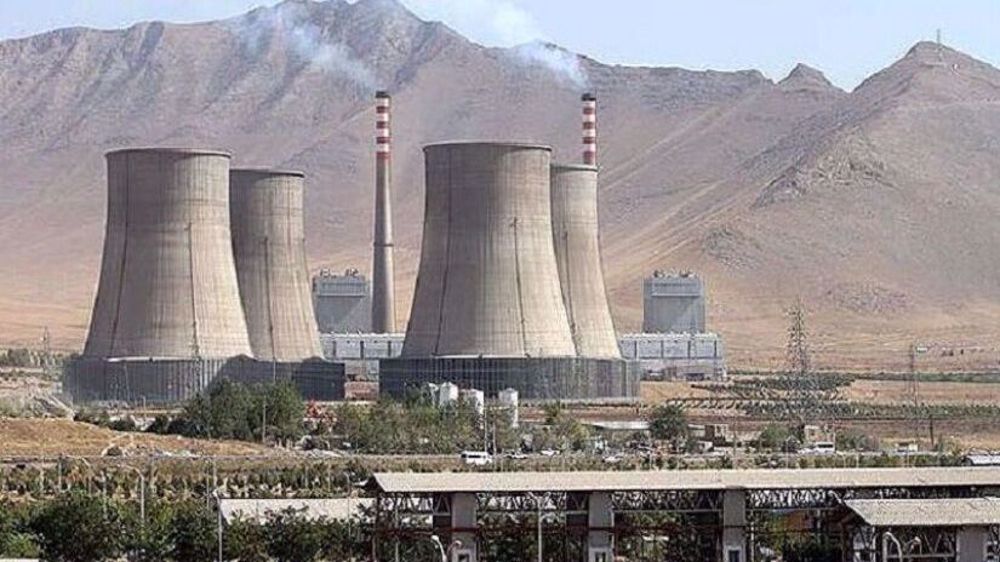India's oil imports from Iran surge to record high
India's oil imports from Iran hit a record high above half-a-million barrels per day (bpd) in 2016/17 as the two countries stepped up trade after the lifting of sanctions on Tehran.
India is currently Iran's second biggest oil client after China but there is still room for the two sides to return to levels before the sanctions when Tehran was New Delhi's second oil supplier.
According to new data compiled by Reuters, India lifted about 541,000 bpd of Iranian oil in the fiscal year to March, a growth of about 115 percent over the previous year.
That came after some major Indian refiners, including Reliance Industries, resumed purchases from Iran after a gap of several years when Tehran came under the West's stringent sanctions in 2011.
India's oil imports from Iran jumped by about 92 percent to 573,400 bpd in the first quarter of this year. Overall, India's oil imports rose 4.7 percent in March from the previous month, and by about 4.9 percent from a year ago, according to Reuters.
However, several Indian refiners are reportedly planning to cut oil imports from Iran by a fifth amid an impasse between the two countries over a giant Iranian gas field which New Delhi has been coveting for years.
Iran has reportedly retaliated by cutting the credit period on oil sales to 60 days from 90 days and slashed freight discounts from 80 percent to 60 percent.
On Wednesday, Minister of Petroleum Bijan Zangeneh said Iran was not worried about India’s decision to reduce oil imports, stressing that there were plenty of customers willing to purchase crude from the Islamic Republic.
“India is one of our good customers and we are willing to boost cooperation. If there is a cut in our exports to India, we will have no troubles as there are many other customers,” he said.

New Delhi was among a select group of countries which upheld dealings with Tehran during the years of sanctions on the Islamic Republic.
The Indians have submitted a fresh investment proposal to develop Iran's giant Farzad B gas field in the Persian Gulf which is estimated to hold 21.7 trillion cubic feet (tcf) of gas.
Zangeneh said the offer was not acceptable, chiding the Indians for trying to pressure Iran after it was reported that the decision to cut oil imports was part of New Delhi's new tactic to force Tehran to make concession on the gas field.
“There should be sensible conditions in the negotiations. We cannot sign a contract under threats. The language of threat is not a good one,” Zangeneh said.
Tel Aviv tells Damascus Israeli forces will remain in occupied territory: Report
Dec. 22: ‘Axis of Resistance’ operations against Israeli occupation
‘Abhorrent’: Oxfam says only 12 trucks delivered aid in North Gaza since Oct.
VIDEO | Leader receives religious eulogists on Hazrat Fatima birth anniv.
Pope Francis slams Israel’s ‘machine-gunning’ of Gaza children
US hostage-taking of Iranian nationals violation of intl. law: Deputy FM
VIDEO | Carol Singers for Palestine on London’s Parliament Square
Ansarullah says ‘Israeli terrorists’ incapable of confronting Yemen, warns of secret weapons










 This makes it easy to access the Press TV website
This makes it easy to access the Press TV website